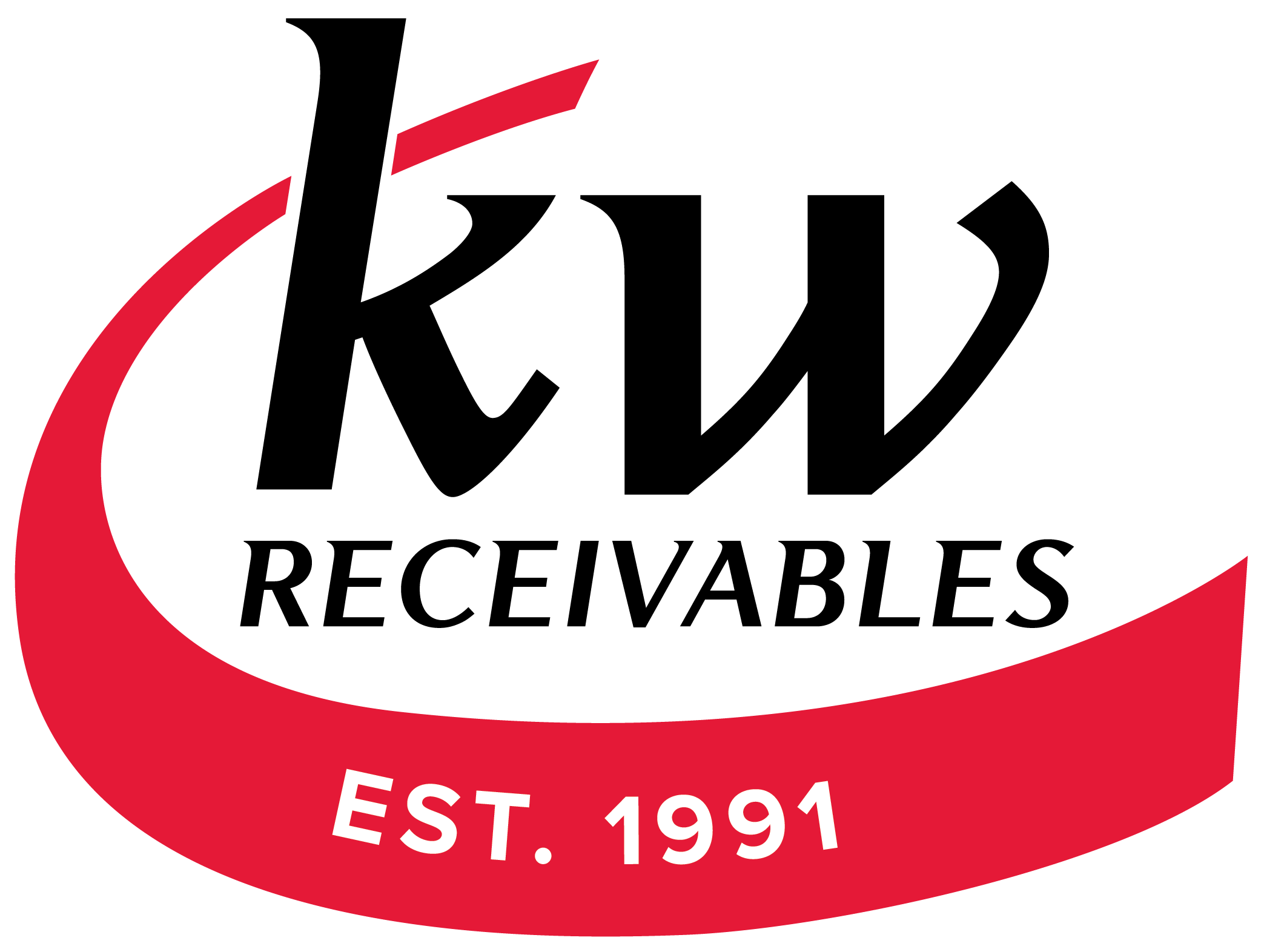
As a business owner, ensuring proper cash flow for your company is critical to keeping it financially sound. When cash flow is limited, purchasing new inventory or managing unexpected costs may be hard. Yet, cash flow limitations are not uncommon. A business may find it financially difficult to keep costs in line when they have accounts receivable that are growing without as much in repayments as needed.
What Happens When Your Cash Flow Is Limited?
Poor cash flow within a business can create a number of challenges. Though every situation is different, it is not uncommon for companies to face financial challenges such as the following:
- Damage to credit ratings: If your cash flow is too low and you cannot meet your financial obligations, that could impact your business’s credit rating. In the long term, this could impact your ability to secure credit.
- Limited ability to purchase inventory: With limited cash flow, purchasing inventory to sell products becomes difficult. Companies find that this stifles their ability to grow and do business in many situations.
- Missed opportunities: The opportunity to grow a business, take on new projects, or expand in some way can be missed if there is not enough cash flow available to help the company take that step. This could mean buying new equipment is not an option, or investing in staff to take on a new deal could be hard to do.
- Impacted customer service: When a company has difficulty keeping product in stock or meeting financial obligations, the end result is a direct impact on customers. They cannot get what they need, which pushes them toward finding a competitor.
- Limited growth: Even if a company has some cash flow but has too much locked up in its accounts receivable, it can limit the business’s ability to grow.
If any of these situations are occurring, a business needs to take a step back and realize that change could foster long-term growth and development. One way to do that is through liquidation of some of your accounts receivable. Often, a company may be limiting its own growth because it is giving its customers too much time to pay their balances. By working to liquidate and free up some of that space, the business could be able to take on new projects, expand, and provide a better quality of service to a larger group of customers. Contact us for any questions, we will gladly answer them.

